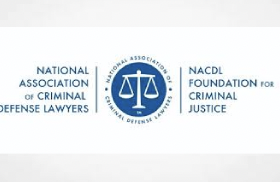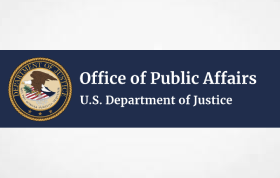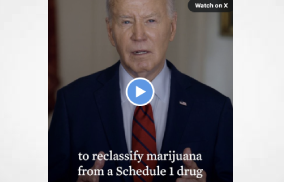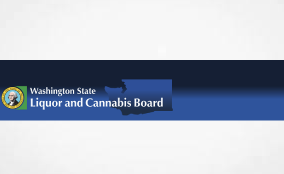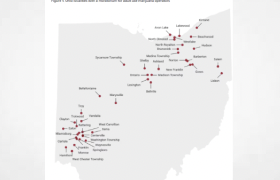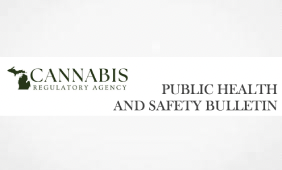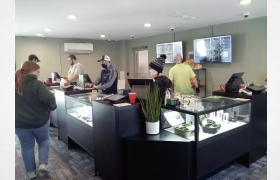Authored By: Neville M. Bilimoria
July 16, 2019
Bloomberg Law
On June 25, Illinois Gov. J.B. Pritzker (D) signed into law the Cannabis Regulation and Tax Act, making Illinois the 11th state in the country to legalize cannabis and the first to have a legislature approve commercial sales without a voter referendum.
Legalizing marijuana in Illinois is expected to generate revenue to help restore poverty- and crime-ridden communities and fund substance abuse, mental health, and law enforcement services. Adult-use cannabis sales could net Illinois about $500 million in tax revenue annually, according to some experts. The act takes effect Jan. 1, 2020.
The Illinois law will end cannabis prohibition and replace it with a comprehensive and highly regulated system to tax and regulate cannabis for adults 21 and over.
The act is comprehensive and expands the current medical cannabis licensing system, includes automatic expungement for cannabis offenses, adds the ability for medical patients to grow at home, and offers significant benefits to communities hit hardest by inequities of past cannabis convictions.
Practice Pointers
Bonus Points for Obtaining Licenses
Obtaining the requisite business licenses for adult-use cannabis companies in Illinois is highly regulated. Given the competition inherent in these licenses in other states, and as has been seen for medical marijuana licenses under the Compassionate Use Act (previous to the act in Illinois), practitioners should advise cannabis businesses to take advantage of the social equity favoritism paid to applicants under the act.
Failure to bolster application status may result in companies failing to obtain a license in Illinois. For example, each licensure category allows for applicants to obtain “bonus points” toward the consideration and approval of applicants that can meet certain social equity initiatives in the law.
While it remains to be seen exactly how much weight will be given to the bonus points by the various state agency regulators and license approvers, given Pritzker’s strong push toward the promotion of social equity and diversity with regard to licensure in Illinois, businesses should be mindful that such bonus points may carry significant weight in the meting of the varied business licenses for adult-use cannabis in Illinois.
For example, bonus points are awarded for applicants that are “social equity applicants,” defined as: applicants with 51% ownership by individuals residing in disproportionately impacted areas of Illinois, or 51% ownership by individuals who have been arrested for marijuana possession, or have a family member impacted by such criminal laws. This rule may encourage established cannabis businesses to partner up with social equity applicants in order to obtain more favorable consideration at the licensure application level.
Additional bonus points can be added for applicants who have demonstrated a desire to engage with the community by providing training programs for the cannabis industry, financial assistance for substance abuse, education of children and teens, or “other measures demonstrating a commitment to the applicant’s community.” See Section 15-30(d), 30-15(b), 35-15(b), 40-15.
Also, bonus application points can be earned by cannabis businesses that create a “diversity plan” in ownership, management, employment and contracting to ensure that diverse participants and groups are afforded equality of opportunity. Section 15-25(d)(28), 20-20(a)(12), 35-15(a)(12), 40-15(a)(9).
Businesses that can show a robust diversity plan will, therefore, be given preference in the application process to obtain a particular cannabis license.
Read the full article at https://www.duanemorris.com/articles/new_illinois_cannabis_law_sets_licensing_regulation_trends_0719.html
